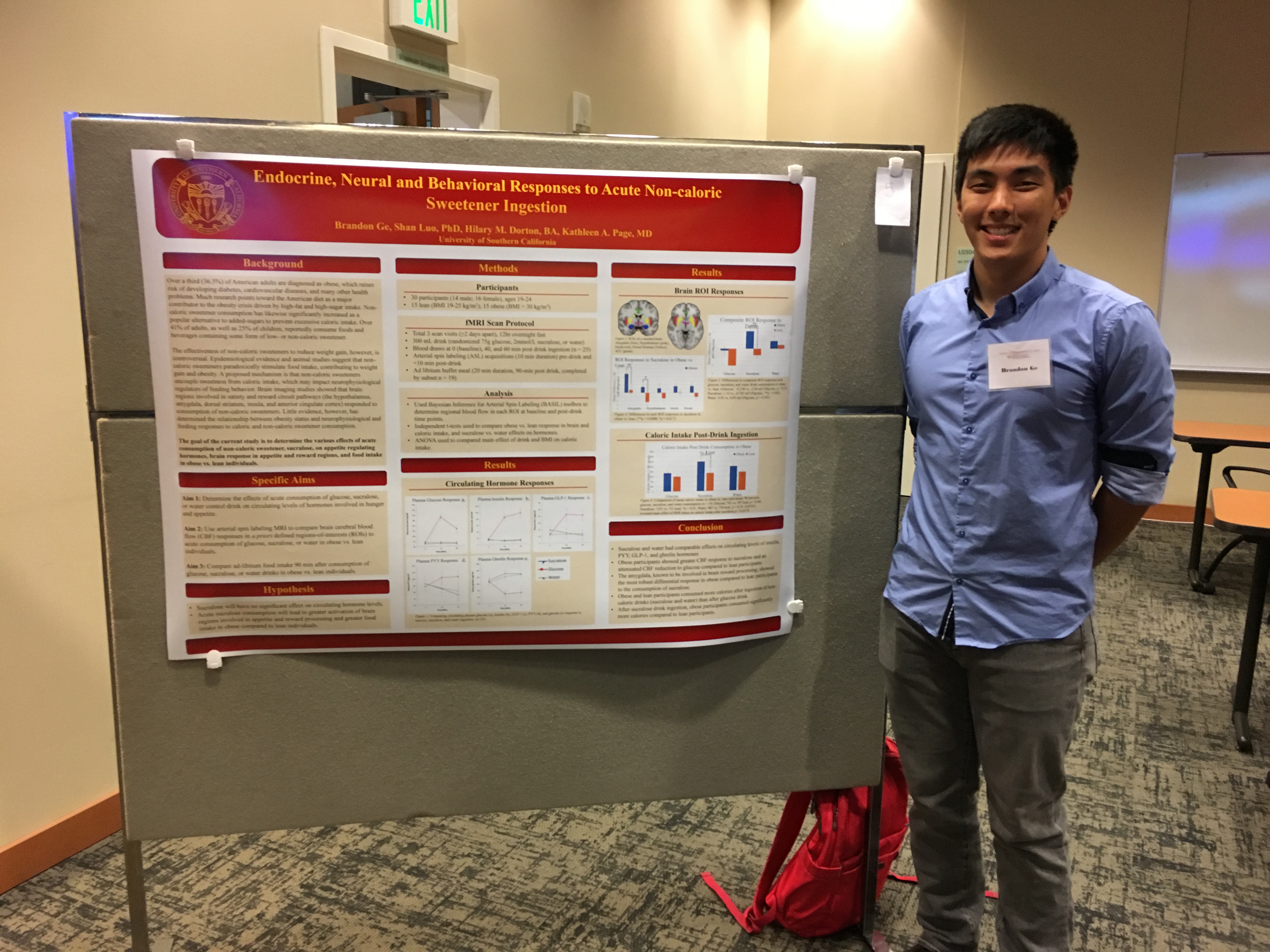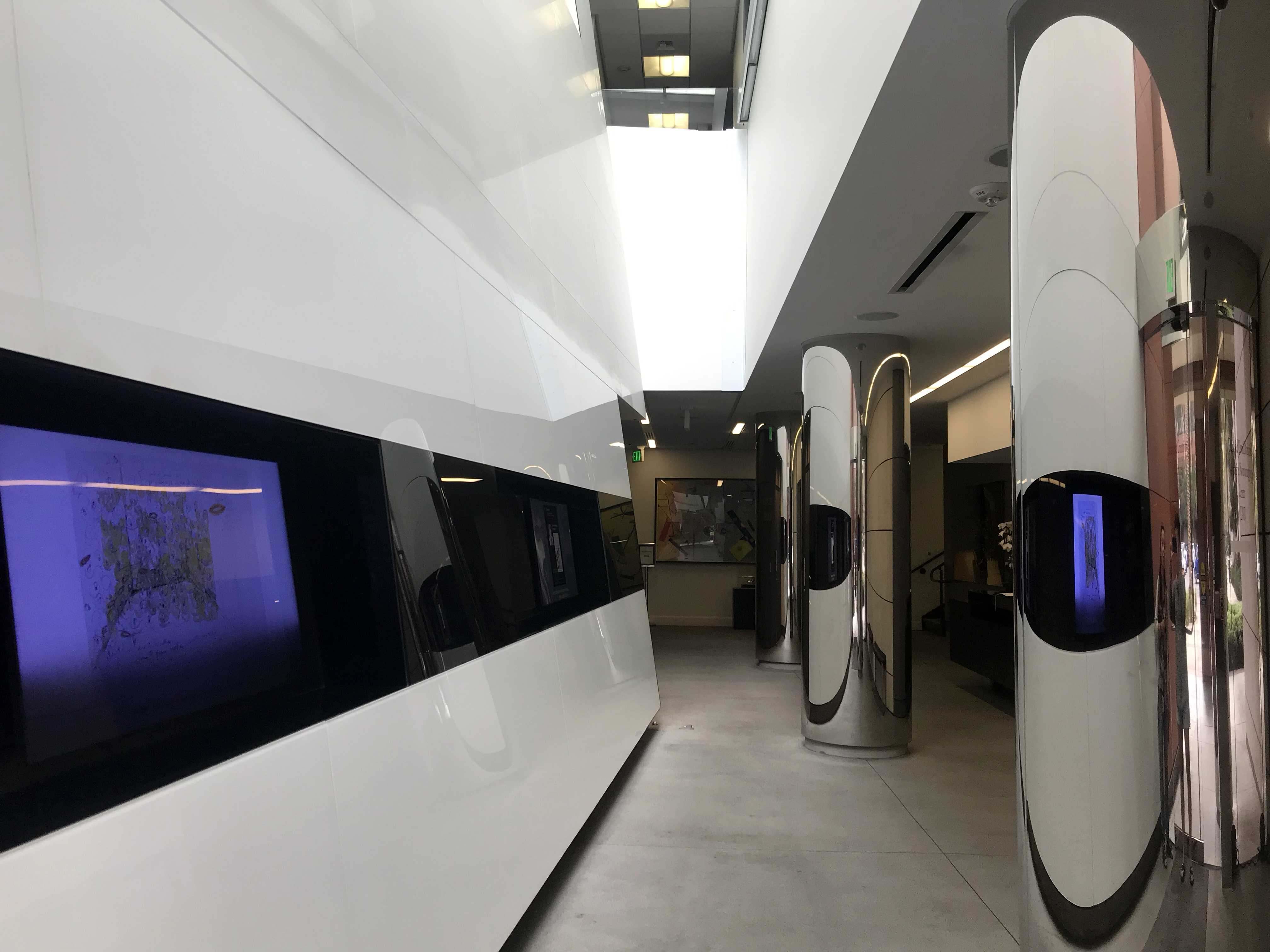The USC BRANCH Lab offers assistant research positions for USC undergraduate students who are highly motivated to learn and work on obesity and diabetes research in children and adults. We require a minimum commitment of one year (two semesters) working 8-10 hours per week on USC’s University Park Campus.
During the academic year, undergraduate students will be involved in a variety of research projects to investigate how the brain responds to different types of sugars in young people and how this response may be different in people who are overweight and obese compared to people who are normal weight. As an assistant researcher in the BRANCH Lab students would be able to learn and observe neuroimaging methodologies, blood collection, participant recruitment, material preparation and dietary data entry.
For undergraduates looking to fulfill directed research until through a 490 course, our lab offers up to three opportunities per-semester for students to receive course credits and work on a poster project under the direction of experienced faculty and staff. Desired students must be detail-oriented, and have at least one semester of existing hands on experience in the BRANCH Lab.

Brandon Ge, undergraduate research assistant in the Page Lab, presented a Presidential poster at The Endocrine Society Meeting in Chicago during March 2018.
An NIH funded postdoctoral position is available within the Page Lab for Brain Regulation of Appetite Control & Eating Behavior and Diabetes and Obesity Research. Fellows will work with a team of researchers using neuroimaging modalities, physiological, dietary, physical activity, cognitive, and behavioral assessments to investigate brain regulation of eating behavior and metabolism.
Individuals with experience in translational research involving multimodal neuroimaging analyses, statistics, nutrition, exercise physiology, neurocognition, and/or glucose metabolism are preferred. Candidates should have a PhD in neuroscience, biological science, psychology or a closely related field, experience in human based research and neuroimaging with a strong interest in the brain regulation of energy balance and metabolic function.

USC Dornsife Brain & Creativity Institute.
